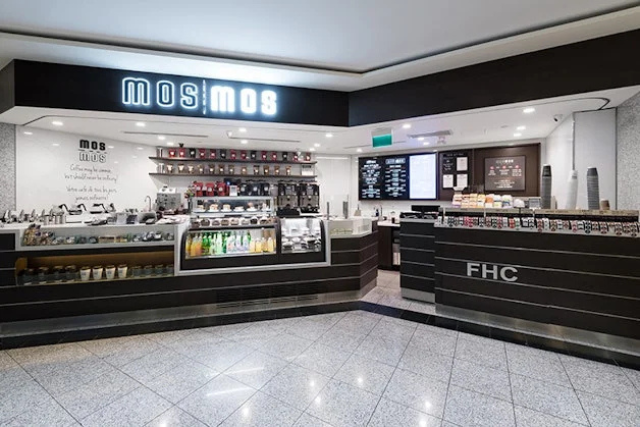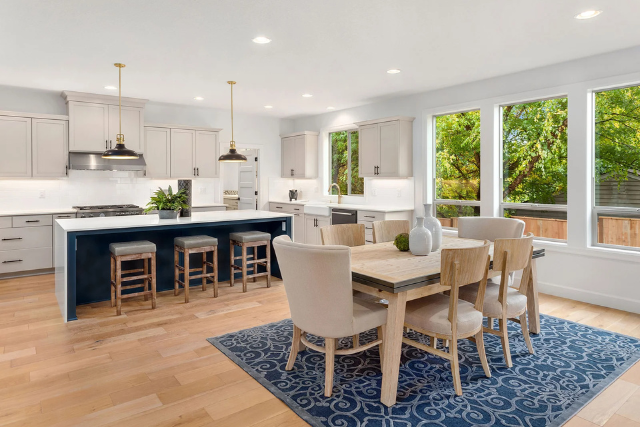Condo Renovation Costs:
What You Need to Know Before
You Start Your Project
Condo Renovation Expert In Toronto
Renovating a condo in Toronto or the Greater Toronto Area (GTA) can significantly boost your property’s value, comfort, and style. However, understanding the true cost of condo renovations is crucial before starting your project.
Here’s what you need to know broken down clearly and with key factors affecting condo renovation pricing in Toronto:
Key Factors That Affect Condo Renovation Pricing
Size of the Condo Unit
Larger spaces require more materials and labor.
Type of Renovation
Kitchen and bathroom remodels cost more due to plumbing and custom cabinetry.
Material Selection
Luxury finishes like quartz countertops, engineered hardwood, or custom cabinets can double your cost.
Condo Board Restrictions
You may need approvals, limited working hours, and noise regulations.
Labour Costs in Toronto
Toronto has some of the highest contractor rates in Canada.
Permits and Approvals
May require building permits and board approvals, especially for layout changes.
Common Renovation Projects
Condo Kitchen Renovation
Condo Bathroom Renovation
Flooring Replacement
Lighting Upgrades
Custom Storage Solutions
Cost-Saving Tips for Condo Renovations
Stick to existing layout to avoid costly plumbing/electrical changes
Choose mid-range materials that offer style and durability
Work with a licensed contractor who knows condo board requirements
Plan during off-peak seasons for potential discounts
Get multiple quotes before finalizing your contractor
Factors Influencing Renovation Costs
Several factors can significantly influence the cost of your condo renovation. One of the primary factors is the location of your condo. Renovation costs can vary widely depending on whether you live in a high-cost city like New York or San Francisco or a more affordable area. Labor and material costs are generally higher in metropolitan areas compared to suburban or rural locations. Additionally, local building codes and regulations can also impact the cost, as some areas may have stricter requirements that necessitate additional work.
The scope of your renovation project is another critical factor. A full-scale renovation that includes major structural changes, such as knocking down walls or reconfiguring the layout, will be more expensive than a simple refresh. The complexity of the work involved, such as plumbing and electrical upgrades, can add to the cost. For instance, if you plan to install new plumbing fixtures or electrical outlets, you might need to hire licensed professionals, which can increase your expenses.
Material choices also play a significant role in determining renovation costs. High-end materials like granite countertops, hardwood flooring, and custom cabinetry can quickly add up. On the other hand, more budget-friendly options like laminate countertops, vinyl flooring, and stock cabinets can help you save money. It’s essential to strike a balance between quality and cost, ensuring that you choose materials that meet your aesthetic preferences and functional needs without breaking the bank. Additionally, sourcing materials locally can sometimes reduce costs compared to importing them from other regions.




